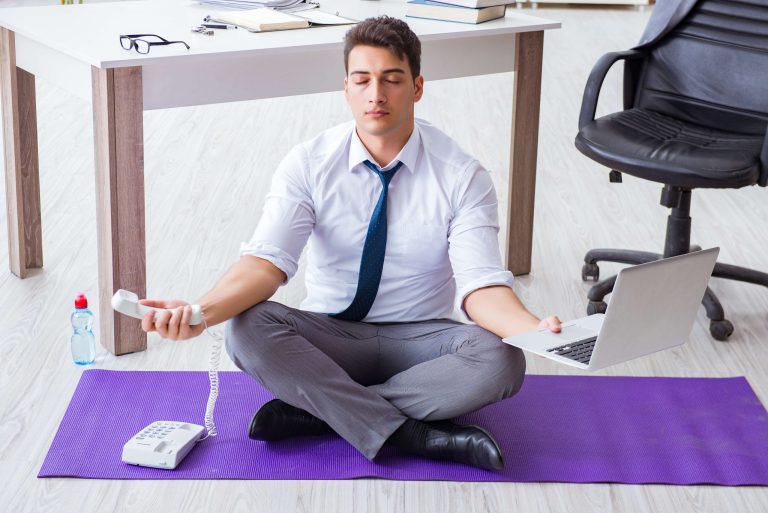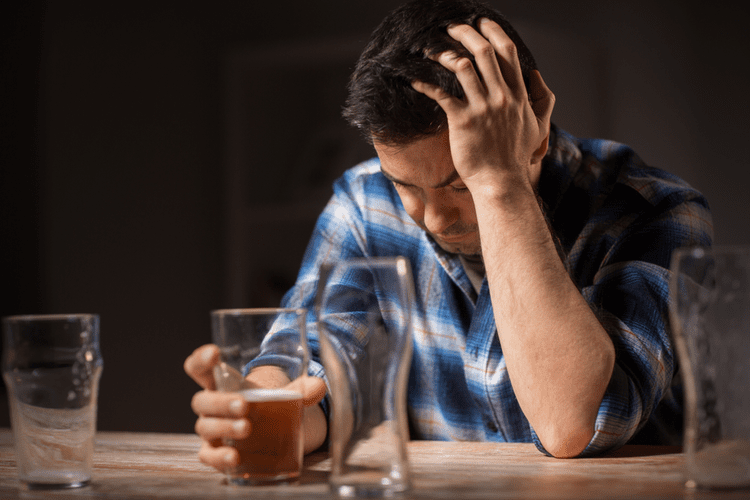Writing can be a therapeutic way to process emotions, and this experiential therapy activity focuses on the cathartic power of writing. In this exercise, participants are asked to write a letter to their addiction, detailing how it has impacted their lives and what they hope to achieve in recovery. Sharing these letters in a group setting can lead to powerful discussions and emotional breakthroughs. Art therapy is a creative way for individuals to express emotions that may be difficult to verbalize.
These are designed to help teens and young ones feel supported in their recovery journey. Incorporating movement into therapy can help individuals process emotions stored in the body. Dance and movement therapy is an experiential therapy activity that allows participants to express feelings through physical movement. This activity can help individuals release tension, overcome body-related anxieties, and feel more grounded in their physical presence. The empty chair technique is a powerful experiential therapy activity used to help individuals express feelings toward people, situations, or even parts of themselves. Participants sit in front of an empty chair and imagine someone or something they need to confront is sitting there.
group therapy activities that promote connection and growth
- By injecting a dose of enjoyment into the process, we’re not just sugar-coating the bitter pill of addiction; we’re creating an environment where healing can flourish organically.
- The player who loses must try to distract the other players as they construct and pass on a new beat.
- Regular engagement in journaling exercises helps individuals track their progress and reflect on their growth, reinforcing their commitment to sobriety.
- They can be easily printed and include various types of games like puzzles, bingo, and word searches that help improve cognitive functions, emotional regulation, and social interaction.
By connecting with others who have faced similar challenges, individuals can activities for recovery groups gain encouragement and motivation to continue their recovery journey. These activities allow participants to act out interactions they might encounter during their recovery journey, providing a safe environment to practice and refine their skills. Role-playing helps individuals develop better communication skills and enhances their ability to handle challenging situations. Storytelling is a core part of many experiential therapy activities, as it allows individuals to reflect on their personal narratives in a group setting. Participants are invited to share stories related to their addiction and recovery journey. This process not only helps the individual understand their experiences better but also fosters empathy and connection within the group, as others may relate to similar struggles.
Treatment the Way You Need It
Many recovery support groups worldwide are also free of charge, making them an accessible and convenient option for continuing care and relapse prevention once treatment ends. Zainab is a skilled member of the ChoicePoint team of medical content writers. With 4 years of relevant experience, she is passionate about conveying accurate and up-to-date information through her writing. Her area Halfway house of expertise includes writing on addiction challenges, providing guidance on treatment procedures, and addressing co-occurring mental issues. CBT skills group is a course that teaches mindfulness, your emotions, and the interconnection of thoughts, feelings, and behaviors.
Let’s dive into the list of CBT group activities for adults recovering from substance use disorder and mental health issues. At Groups, members participate in therapeutic group activities that help them practice new skills, find hope, and form meaningful connections. These activities are guided by certified counselors and designed to meet members where they are, helping them take the next steps toward their goals. The ideas and activities for substance abuse group therapy that are used will have an impact on the benefits that our clients have. Group sessions provide group members with an opportunity to practice life skills including communication and establishing boundaries.

Practice Readiness Assessment
Coping skills workshops are super helpful in substance abuse recovery because they equip attendees with tools to manage stress and anger, fostering healthier ways to cope. Gratitude circles also enhance the sense of community within the group, fostering deeper connections and mutual support. Overall, gratitude circles are a valuable addition to group therapy activities, promoting emotional healing and a positive mindset. Utilizing journaling prompts can guide individuals to explore their thoughts and feelings, promoting emotional healing and self-awareness. These prompts can help participants delve into their behaviors and triggers, offering valuable insights that support their recovery. In addition to facilitating emotional expression, art therapy can enhance social interaction among group members.
These people will be uplifting, inspiring, and available in the worst moments. During recovery, people may learn to heal by quitting their addictions and adopting a healthy and positive lifestyle. Some of the activities will assist them in creating a better life for themselves.

Group therapy is a dynamic and supportive environment where multiple individuals are treated simultaneously for substance use disorders. Unlike individual therapy, it leverages the power of shared experiences to foster a sense of community and mutual support in a group setting. Connecting with nature can be deeply healing, and this experiential activity for group therapy combines physical activity with mindfulness. Participants take a walk in a natural setting, reflecting on their recovery journey as they move through the environment. Afterward, the group gathers to discuss their feelings and insights from the experience, fostering connection to both the self and the natural world. Music therapy is a powerful tool in recovery, as it allows individuals to process emotions through sound.

Activities such as mock interviews in role-playing https://casatoms.me/sober-living-homes-vs-halfway-houses-transitional/ can help individuals understand the impact of their substance use on others, fostering greater awareness and empathy. CBT groups teach essential skills related to substance use and broader life skills such as managing anger and solving problems. Role-playing is often used in these sessions to help group members enhance empathy and understand situations from another’s perspective.
Who Can Benefit From Using Printable Recovery Games?
- Kayla is a Mental Health Counselor with more than 10 years of clinical experience supporting individuals across a range of treatment settings.
- Cognitive Behavioral Therapy (CBT) groups are particularly effective in the early stages of recovery for addressing substance use disorders.
- A proud alumnus of Antioch University, Los Angeles, he holds a Master’s in Clinical Psychology and is a licensed Marriage and Family Therapist in California…
Individual therapy provides clients with one-on-one time with a trained Counselor which can feel less overwhelming and more personal than a group setting. When a client shares their hesitations with you about group therapy, there are numerous benefits that you can discuss with them. In this post, I highlight 58 Substance Abuse Group Therapy Activities for Recovery that you can use with your clients. Group activities for substance abuse recovery are vital for fostering a supportive environment where individuals can connect with peers facing similar challenges. Research indicates that group therapy is as effective as individual therapy for substance use disorders (Substance Abuse and Mental Health Services Administration, 2005). These activities help reduce isolation, enhance self-confidence, and promote accountability, all critical for long-term sobriety.
These exercises help build confidence and competence in handling real-world challenges. Group therapy in addiction recovery isn’t just about sitting in a circle and sharing war stories. It’s a dynamic, multifaceted approach that can be both challenging and incredibly rewarding. When done right, it creates a microcosm of the real world, allowing participants to practice new skills, gain insights, and build connections in a safe, supportive environment. These activities, whether pursued as an alternative to individual therapy or in addition to it, are incredibly useful tools for those in addiction treatment.
Participants realize they’re not alone in their struggles, which can be incredibly validating and empowering. Group therapy offers a supportive space to share experiences and fosters a sense of community, helping you feel less isolated in your recovery journey. It’s super important for building connections that can boost your healing. Sharing what they are grateful for helps participants shift their focus from challenges to positive experiences, fostering a more optimistic outlook. This practice can help individuals in recovery build resilience and stay motivated, reinforcing their commitment to sobriety.
